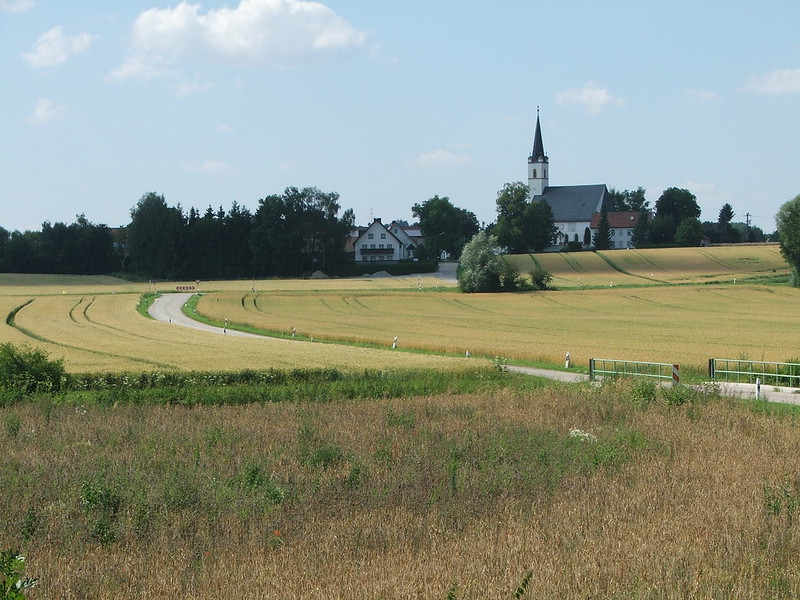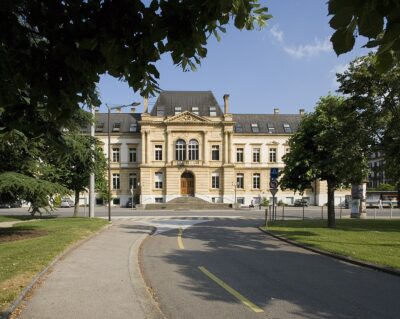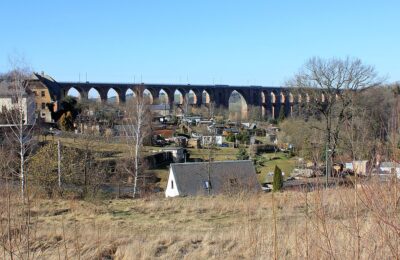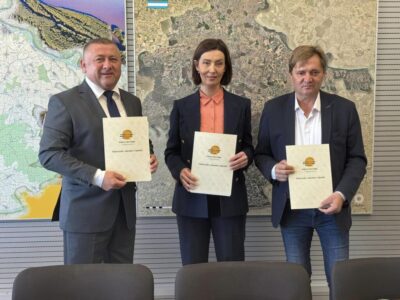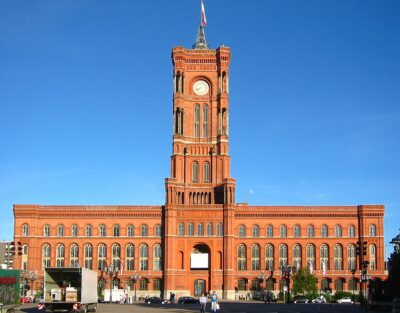Eastern Munich municipalities push for expansion of geothermal heating network
The municipalities of Feldkirchen, Aschheim, and Kirchheim in Eastern Munich, Germany are calling for an expansion of their joint geothermal heating network.
In 2008, the three neighboring communities of Feldkirchen, Aschheim, and Kirchheim in the eastern district of Munich founded AFK GmbH as the first inter-municipal geothermal energy project in Germany. Now, the three municipal parliamentary groups under the CSU Union parties are pushing for the joint geothermal network to grow rapidly and supply all households within the municipalities.
With the Russian attack on Ukraine putting into the foreground the importance of energy independence, the local politicians in the three municipalities believe that the time is right for the expansion plans for the AFK to finally be executed. The politicians demand that all households should be given the opportunity to connect to the geothermal heating network – including addresses that were previously deemed to be not economical.
Part of the plan is to make the AFK geothermal heating network completely independent from natural gas. Under the current setup, heating with natural gas is still done to keep up with demand during peak times. Natural gas accounts for less than one-quarter of the heat in the network, but the plan aims to reduce this to zero.
For this plan to come into fruition, a second production well and a second reinjection well will have to be drilled. This will cost a lot of money. Since the founding of AFK GmbH, the municipalities have jointly invested around EUR 60 million for setting up a district heating network that is 80 kilometers long ands serves more than 1,100 connections including private households and public buildings.
To not overwhelm the municipalities financially, the parliamentary groups are proposing tapping into federal and state subsidies. The parties can also bring in municipal or public partners and provide opportunities for citizen participation.
Source: Suddeutsche Zeitung
